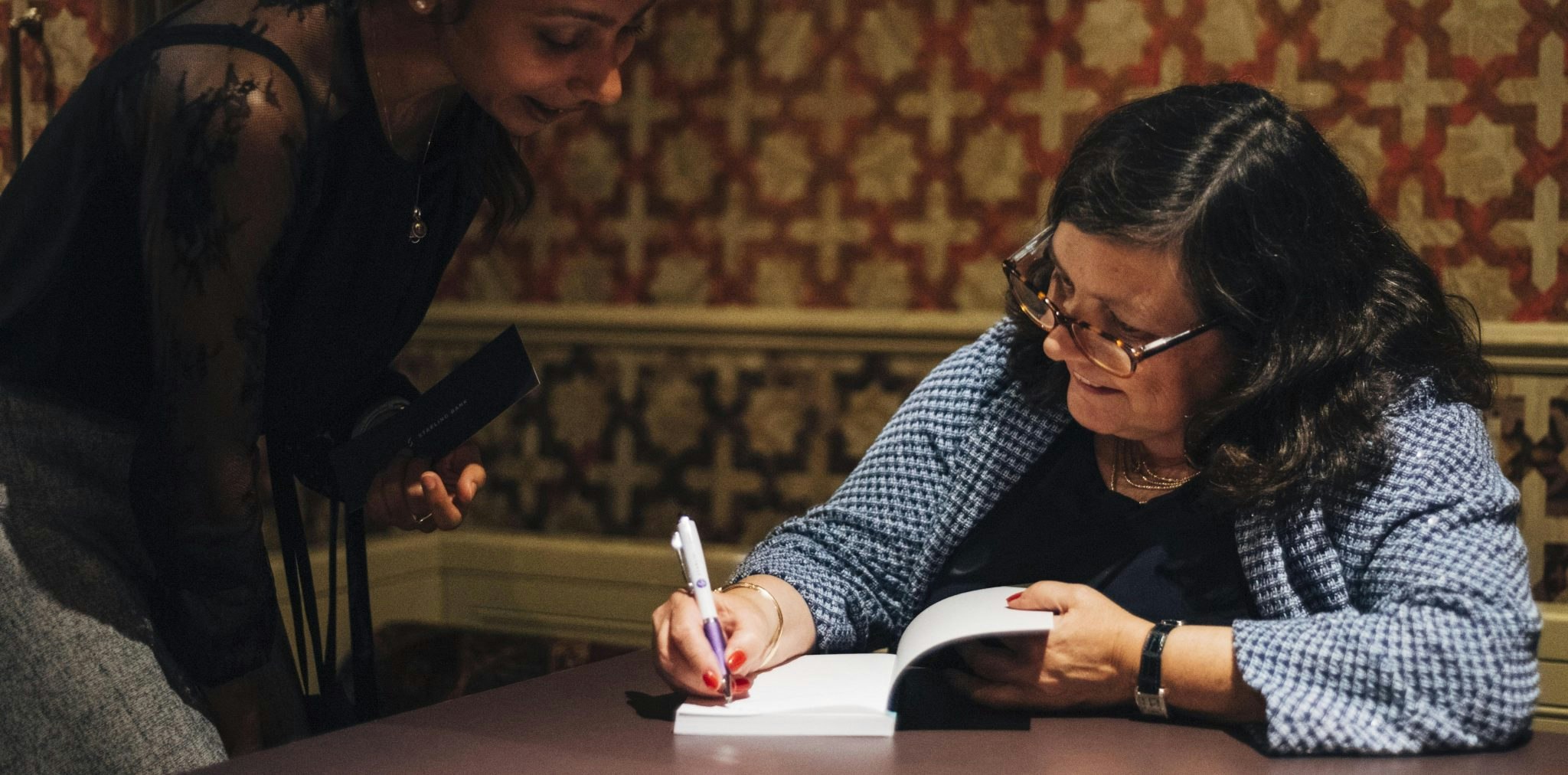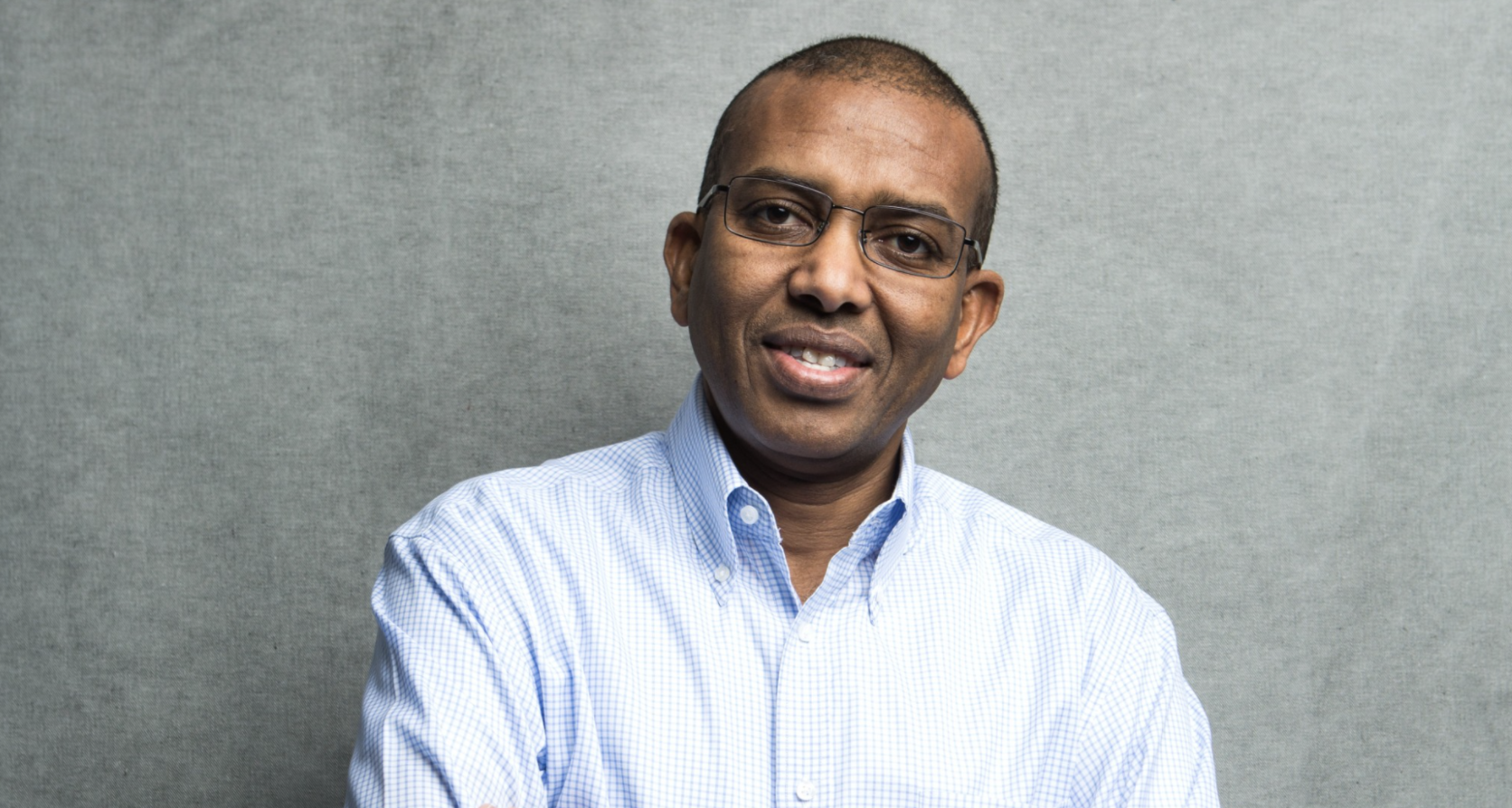What are the trends driving innovation in fintech? According to panellists at last week’s Disruption Forum Fintech 2021 by Netguru — which saw more than 2000 attendees from 70 countries — ethical design, innovative payment solutions and open innovation are the areas to watch.
Sifted took notes from the likes of Visa, Adyen and Starling Bank on everything from why empathy improves user experience (UX), to how fintechs and banks can work better together. Here are the key takeaways:
1. Open banking is driving better UX in payments
For a while, large corporations were in a powerful position because they held huge vaults of consumer data to analyse behaviour. Now, thanks to open banking, it’s much easier for fintechs and third-party apps to securely access customer financial data. This means fintechs can offer and facilitate a wider variety of payments services.
Olov Eriksson, chief product officer at Pleo, says more challenger fintechs mean consumers are spoiled for choice, and data is no longer king — the company that can provide value based on that data by creating the best user experience is now in the driver’s seat.
For a long time data has been king. Whoever has the most data, that’s the business that wins... The shift from what’s happening in open banking means a consumer can bring their data where they like, and we move to a world where the company with the best UX wins.” — Olov Eriksson, chief product officer at Pleo
2. ‘Buy now, pay later’ isn’t going anywhere
‘Buy now, pay later’ (BNPL) schemes are all the rage. Jakub Czerwiński, VP of central and eastern Europe at Adyen says the global BNPL market is expected to generate over £700bn per year by 2023. But it’s not all smooth sailing. BNPL fintechs like Klarna, the Swedish startup which took the crown of ‘Europe’s most valuable startup’ in March 2021, are expected to face regulatory crackdowns, albeit “gentle” ones.
Luke Furnell, product manager at Starling Bank, attributes BNPL success to the fact that such zero to low interest financing schemes are really nothing new. Zero interest financing options on big ticket items, like furniture, have been around for a while. The crucial difference, he says, is that fintechs have now recreated this traditional financing scheme into a seamless ecommerce solution. He predicts incumbent banks will follow suit, and feel the pressure to redesign other traditional spending and lending options in a more seamless and consumer-friendly way.
I would expect to see more traditional spending and lending products being embedded into the purchasing experience.” — Luke Furnell, product manager at Starling Bank
3. Building empathy into products improves UX
In a talk on innovative product design, Shelley Armstrong, head of design at Finastra, says the shared experience of working from home and the blending of personal and professional lives has made design teams more empathetic. Armstrong believes empathy has bled into their products and systems — which she describes as a UX designer’s ‘secret sauce’.
Andrés López Josenge, VP of design at VISA Europe, echoes Armstrong, and says focusing on ‘empathy’ has allowed his team to better tune into the needs of their customers. During the concept and design stages, Josenge now pushes his team to ask questions like: who will this product will help? How will it help them? Will this change negatively affect customers?
“Before the pandemic, we were very focused on how things were done, and we were forgetting what the end goal was. Whereas now... what actually counts is what’s being delivered.” — Andrés López Josenge, VP of design at VISA Europe
4. Products need to be built with integrity at the core
Increasingly, end-users want to know not only that services are reliable and easy to use, but also that companies are building their platforms with integrity and inclusion at their heart.
Good product design, Armstrong says, has the power to address inequalities — attracting discerning consumers that want to give business to organisations that share their values. She believes consumers will go elsewhere if they do not see ethical product design from brands.
“I really do believe that UX has the power to change the world, even if it is only one pixel at a time. We have the power to shape experiences, and be the advocates of our end users... People want to feel like they’re valued, they want to put their money where their mouth is, they gravitate towards the brands that share their values.” — Shelley Armstrong, head of design at Finastra
5. To work together, banks and fintechs need to build trust
In a panel on why bank and fintech collaborations often fail, Sifted’s Isabel Woodford asked Savitri Bishnath, fintech expert and current entrepreneur in residence at Citi Ventures, if banks feel threatened by their potential partners. While Bishnath cites some challenger banks as being set up to disrupt the market, she believes the majority of fintechs want to work alongside legacy players. Banks need to park any fears of being disrupted, and trust their smaller partners to begin a fruitful relationship.
“It’s not coming from a place of mistrust. Fintechs have a deep belief — they started their business thinking we can help them be better.” — Savitri Bishnath, entrepreneur in residence at Citi Ventures
6. … and banks need to fully commit to innovation
Charley Ma, general manager of fintech at Alloy, believes the best banking partners are those that signal a clear commitment to innovation.
Banks that avoid ‘innovation theatre’ — which Ma defines as a performative commitment to new ideas — and have teams and workflows in place to deliver on their promises make the best partners for smaller outfits.
Paulina Skrzypińska, chief innovation officer at BNP Paribas Polska, agrees, and says banks need to recruit innovation teams with a different mindset to their partners, and approach with an open mind.
“To do innovation, to work effectively with fintechs, you need to onboard people with a different mindset. Let’s call them rebels. They will do the job differently, they will question ‘why do we do this like that?’” — Paulina Skrzypińska, chief innovation officer at BNP Paribas Polska
Disruption Forum is a series of events organised by Netguru, an innovation consultancy designing and building digital solutions for world-changers like Solarisbank or Total Processing. Netguru has developed a growing community of fintech, retail, healthtech and sustainability experts from over 70 countries. Disruption Forum Fintech 2021 was the ninth edition of the series, and the fifth organised 100% online.
To learn more about the future of fintech, click here.



